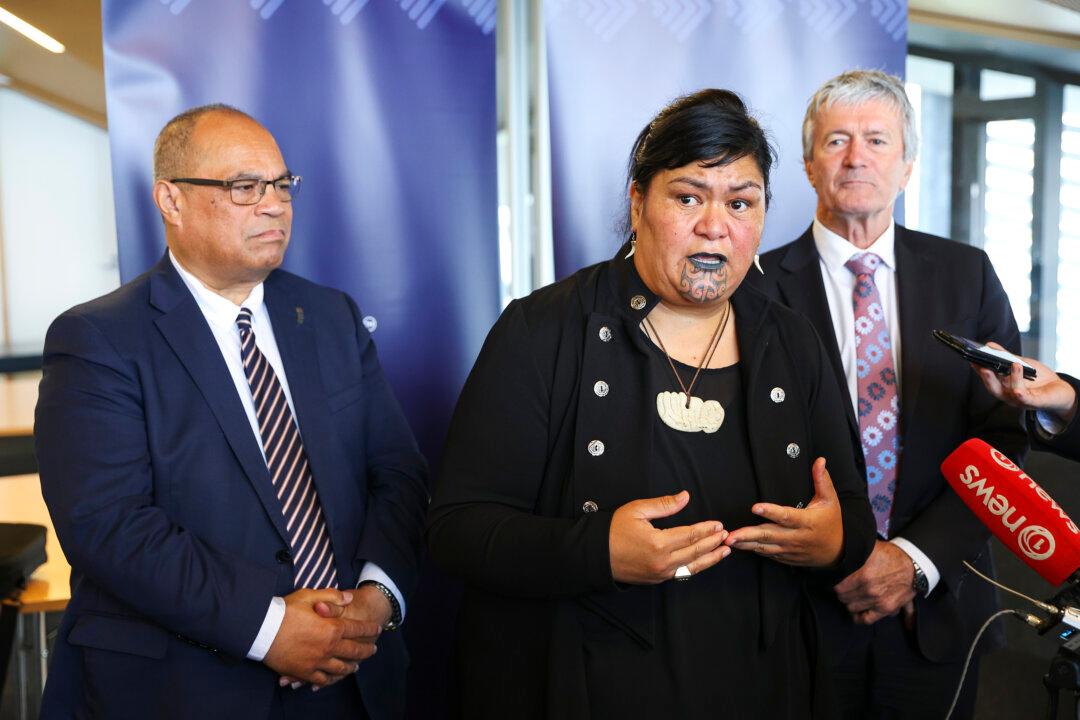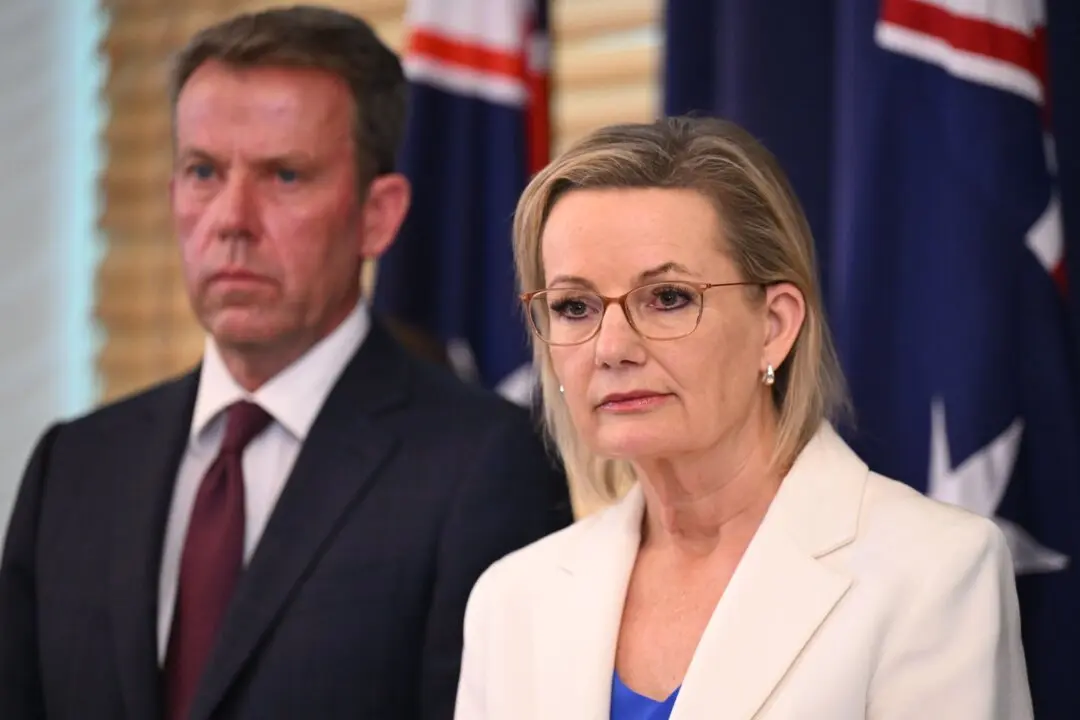In a move likely to appease Beijing, New Zealand’s foreign minister is distancing the nation’s foreign policy away from close democratic allies, preferring to chart its own course on relations with the Chinese Communist Party (CCP).
Foreign Minister Nanaia Mahuta was speaking—in her second major address since assuming office—at the New Zealand China Council on Monday, where she outlined what the nation’s “contemporary relationship” with China would look like.





